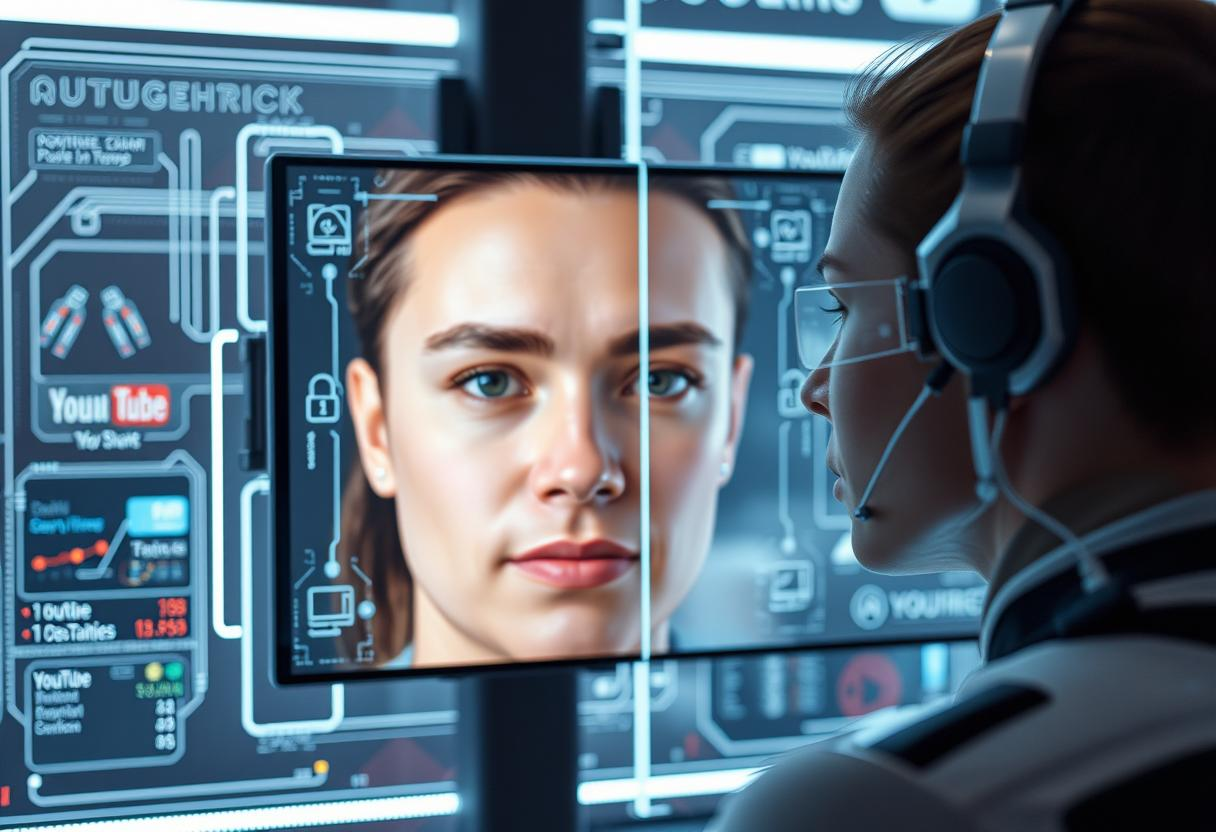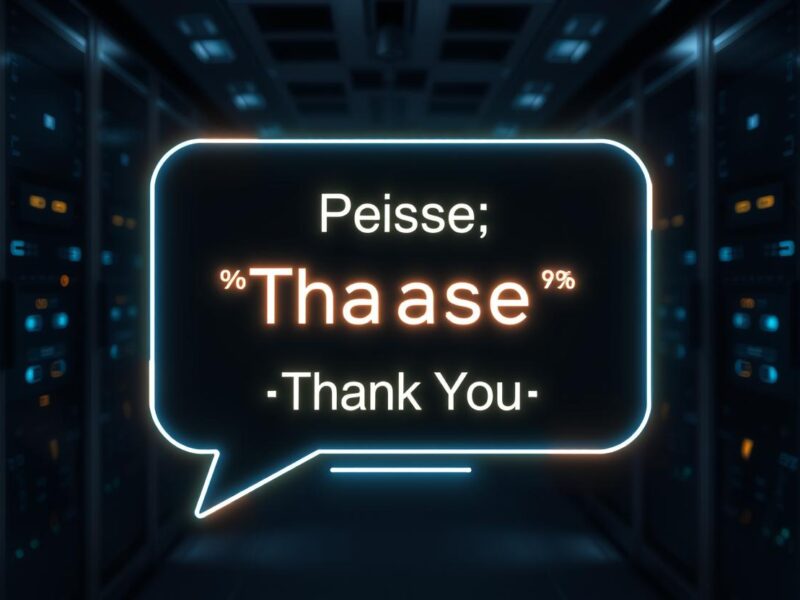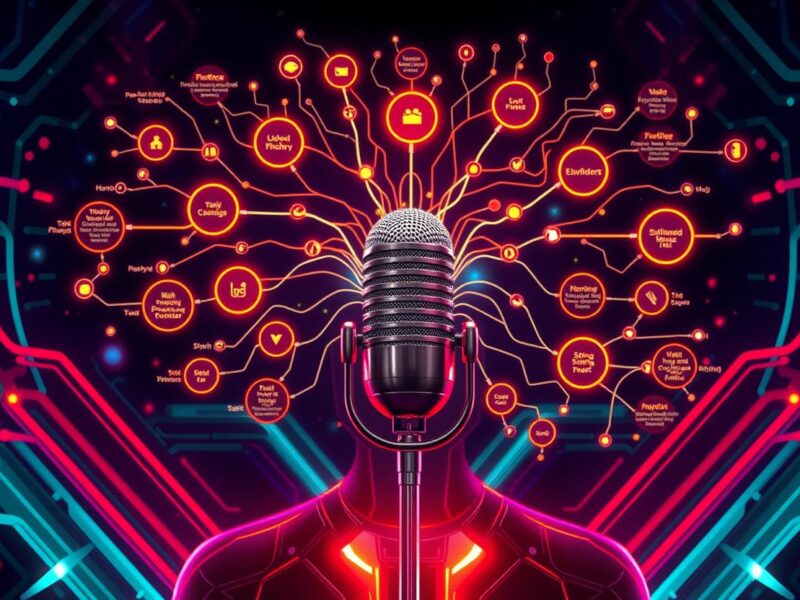In a significant move to address the growing concerns around AI-generated content, YouTube has announced the expansion of its likeness detection technology. This initiative, initially launched in partnership with the Creative Artists Agency (CAA) in December 2024, aims to identify and manage content that features the unauthorized digital replicas of creators, artists, and other influential figures. The technology is an evolution of YouTube’s Content ID system, designed to automatically detect AI-generated faces or voices that may infringe on personal likenesses.
YouTube’s commitment to this cause is further underscored by its public endorsement of the NO FAKES ACT. This legislation, championed by Sens. Chris Coons (D-DE) and Marsha Blackburn (R-TN), seeks to provide a legal framework for individuals to challenge the misuse of their digital likenesses. YouTube’s collaboration with industry giants like the Recording Industry Association of America (RIAA) and the Motion Picture Association (MPA) highlights the platform’s proactive stance on balancing innovation with individual rights protection.
The pilot program’s initial participants include a roster of high-profile YouTube creators such as MrBeast, Mark Rober, and Marques Brownlee. These collaborations are pivotal in refining the technology’s accuracy and scalability. While YouTube has not disclosed a timeline for a broader rollout, the initiative represents a critical step in the platform’s ongoing efforts to navigate the complex interplay between creative expression and digital ethics.
Beyond technological solutions, YouTube has also updated its privacy policies to empower individuals to request the removal of synthetic content that misrepresents their identity. This dual approach of technological innovation and policy advocacy reflects YouTube’s nuanced understanding of the challenges posed by AI in the digital age.


